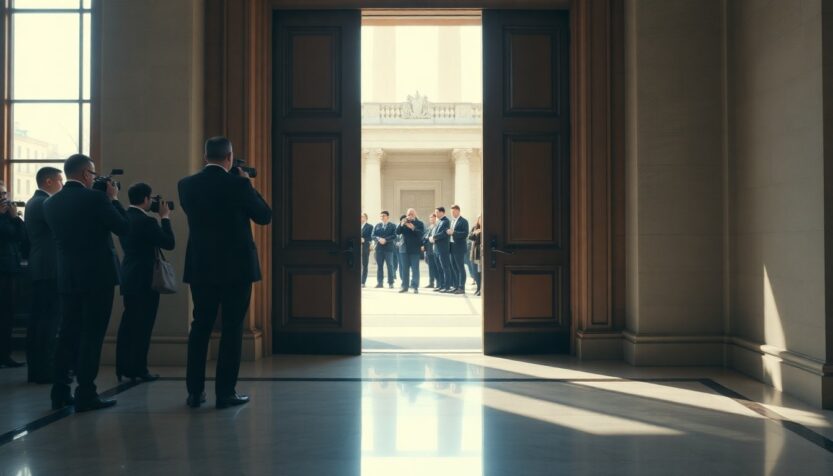The recent decision by the Supreme Court not to take up Ghislaine Maxwell’s appeal highlights the ongoing complexities of her involvement in the Jeffrey Epstein scandal. The ruling leaves Maxwell, a convicted accomplice in Epstein’s sexual abuse of minors, facing the consequences of a legal framework shaped by her former partner’s controversial plea deal.
Maxwell’s legal team contends that the immunity agreement Epstein reached with federal prosecutors in 2007 should extend to her, despite jurisdictional differences between Florida, where Epstein was prosecuted, and New York, where Maxwell was tried. Their argument centers on the belief that a federal agreement should have nationwide implications.
Legal arguments and implications
Following the Supreme Court’s refusal to hear her case, Maxwell’s attorney, David Oscar Markus, expressed significant disappointment. He noted that critical legal questions remain unresolved, asserting that they would pursue all possible avenues to seek justice for Maxwell. The issue of the U.S. granting immunity in one state while pursuing prosecution in another raises fundamental concerns about the integrity of the legal system.
Markus articulated this concern by stating, “The United States cannot promise immunity with one hand in Florida and prosecute with the other in New York.” This statement reflects broader anxieties within the legal community regarding the reliability of plea agreements and the trust defendants must place in governmental assurances.
Support from legal scholars
The National Association of Criminal Defense Lawyers has expressed support for Maxwell, submitting a brief arguing that invalidating a non-prosecution agreement would jeopardize the entire plea system. This viewpoint was reinforced by Harvard Law professor Jeannie Suk Gersen, who highlighted the potential detrimental impact on the criminal justice system if such agreements are not upheld.
Gersen suggested that the Supreme Court may prefer to await a more appropriate case to address the legal intricacies presented by Maxwell’s appeal. This decision leaves the door open for future developments in her case that could significantly alter the legal landscape.
Maxwell’s connections and public perception
The connections between Maxwell and former President Donald Trump have added another layer of complexity to her situation. Trump has consistently denied any wrongdoing in relation to Epstein and previously expressed well wishes for Maxwell, prompting speculation about the possibility of a pardon during his presidency. As Trump faces his own legal challenges, discussions persist regarding whether he might extend a pardon to Maxwell.
Maxwell’s past associations with high-profile individuals, including Trump, have ignited conversations about the influence of social connections in legal proceedings. Observers speculate that Trump’s ties to Maxwell could impact her future, particularly if he considers using his presidential powers to grant her clemency.
Public speculation and social media discourse
The interest surrounding Maxwell’s case has surged on social media, where discussions about a potential pardon circulate widely. Lady Victoria Hervey, a socialite and former acquaintance of Maxwell, has suggested that allowing Maxwell to share her perspective could be a strategic approach to her current situation. Hervey’s remarks reflect the public’s demand for transparency and a deeper understanding of the complex dynamics of this scandal.
As legal proceedings continue, the ramifications of Maxwell’s case extend beyond her personal circumstances, addressing broader issues related to the integrity of plea deals and the interplay between social connections and justice. The final chapter of this saga remains unwritten as Maxwell and her legal team evaluate their options following the Supreme Court’s decision.






